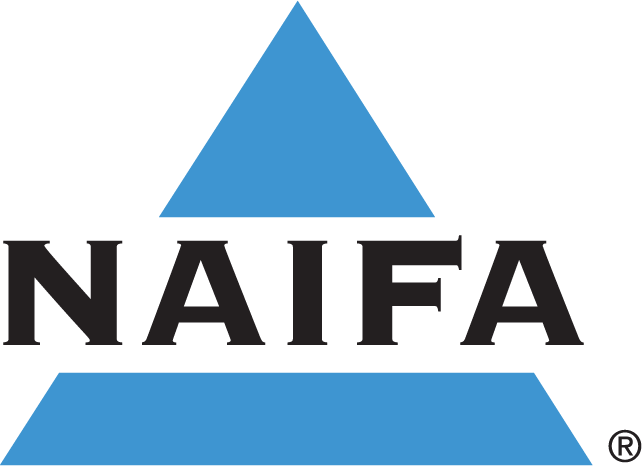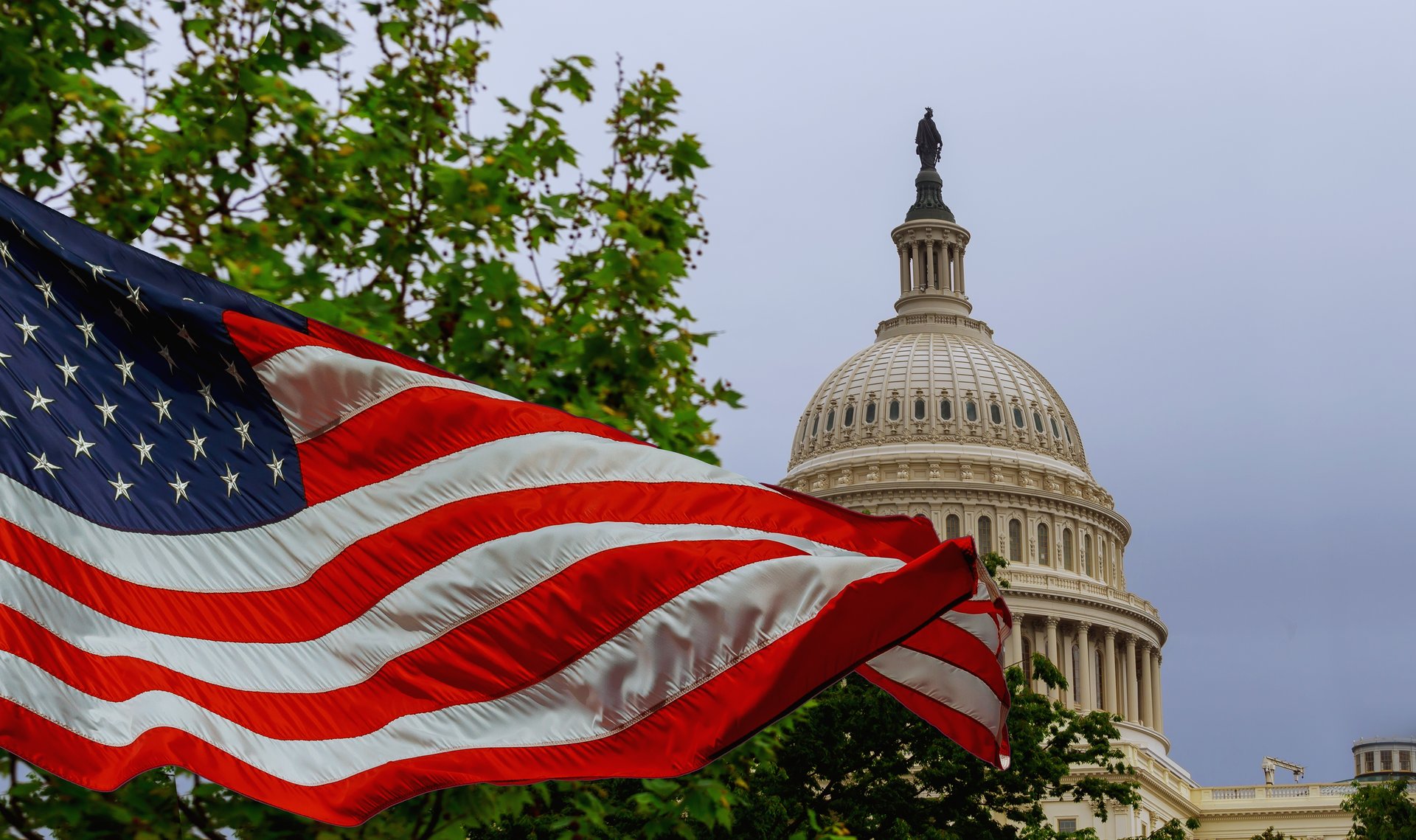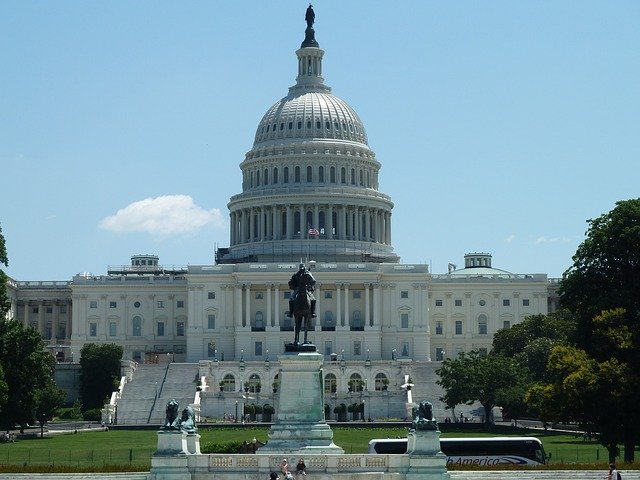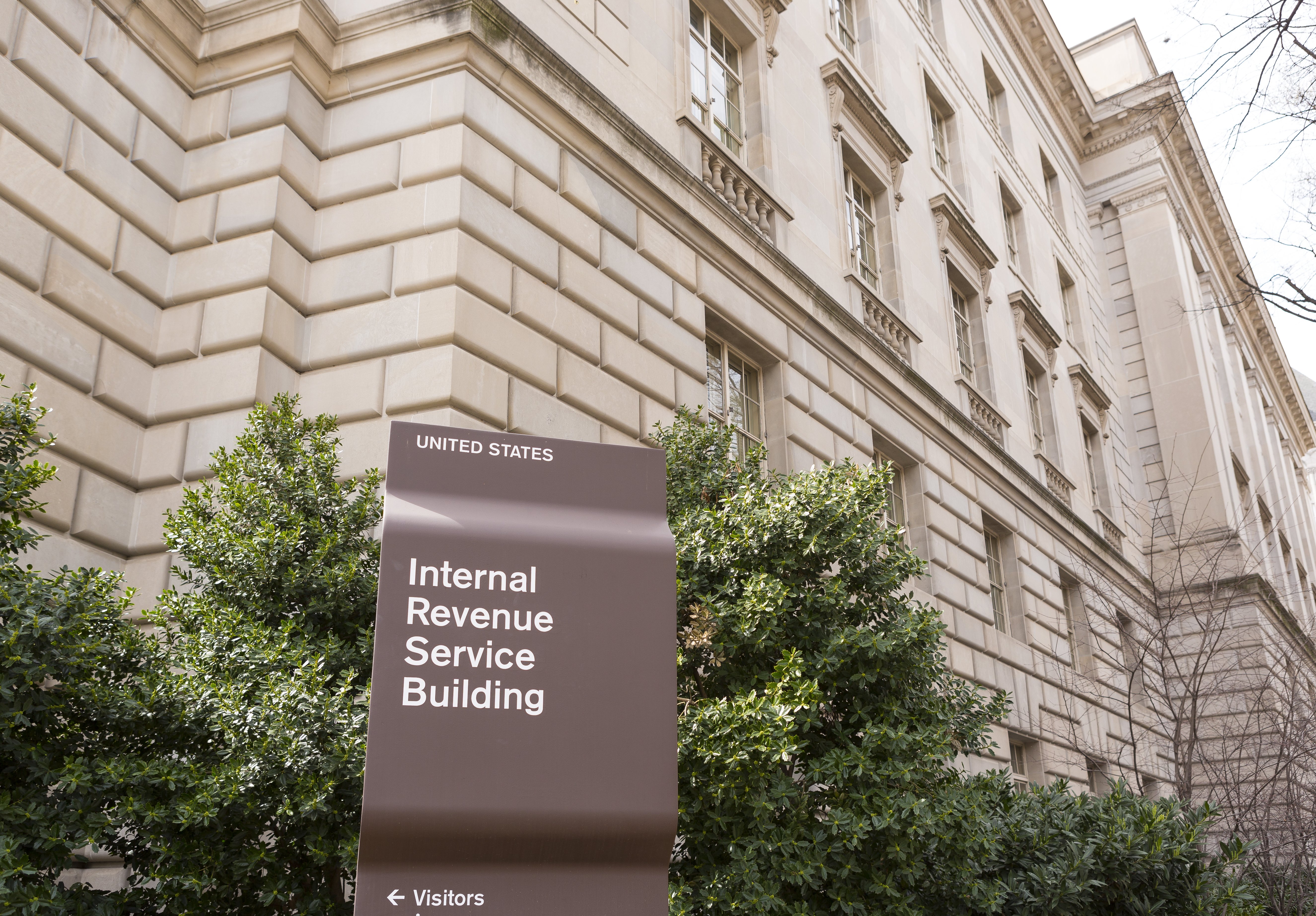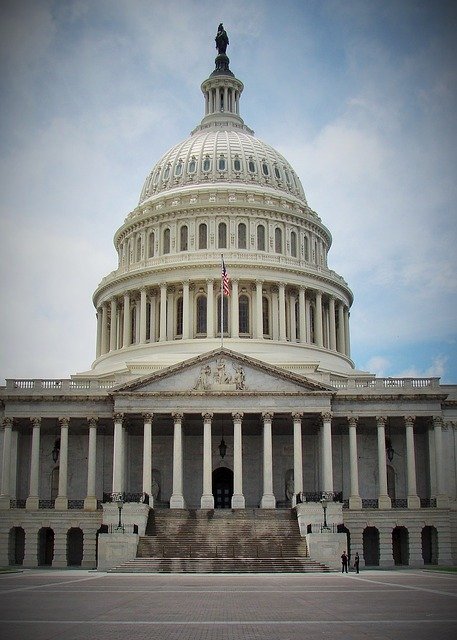House Ways and Means Committee Chairman Richard E. Neal (D-MA) and Ranking Member Kevin Brady (R-TX) have introduced the Securing a Strong Retirement Act of 2021, also known as the SECURE Act 2.0, and Neal has scheduled a markup session in the committee for Wednesday.
2 min read
NAIFA Supports SECURE Act 2.0 Introduced by Reps. Neal and Brady
By NAIFA on 5/3/21 4:24 PM
Topics: Retirement Planning Federal Advocacy Congress Supported Legislation SECURE 2.0
1 min read
The IRS Will Correct Confusing Guidance on Stretch IRAs and the SECURE Act
By Judi Carsrud on 4/26/21 4:03 PM
The SECURE Act, enacted in December 2019, changes the rules for certain inherited retirement accounts whose original owners died after Dec. 31, 2019. Under the new rule, many heirs to IRAs and 401(k) accounts will have to fully distribute the funds from their inherited accounts (and pay income tax on the distributions) within 10 years of the original owner’s death. The rule does not apply to surviving spouses, minor children, heirs who are disabled or chronically ill, and heirs who are within 10 years of the age of the decedent.
Topics: Retirement Planning Federal Advocacy Congress IRS Supported Legislation SECURE 2.0
2 min read
NAIFA Urges Oklahoma Senate to Reject State-run Retirement Plan
By NAIFA on 2/9/21 3:15 PM
NAIFA strongly supports efforts to encourage and incentivize workers’ participation in employer-provided retirement plans available on the private market. Private-sector plans offered by employers provide many design features that help workers plan for secure retirements. A qualified financial professional, such as a NAIFA member, can help workers with individual retirement-planning solutions and assist employers in establishing workplace plans.
Topics: Retirement Planning State-Facilitated Retirement Plans State Advocacy Grassroots Oklahoma
1 min read
NAIFA Urges New Congress to Take Up Bipartisan Retirement Bill
By Judi Carsrud on 1/21/21 3:10 PM
NAIFA is hopeful that the 117th Congress will reintroduce and enact the Securing a Strong Retirement Act of 2020 (SSRA), bipartisan legislation with many provisions to make it easier for employers to offer plans and to encourage higher participation rates by employees.
Topics: Retirement Planning Federal Advocacy Congress SECURE 2.0
1 min read
NAIFA-VA Comments on State-Run Retirement Bill at Delegates' Subcommittee Meeting
By NAIFA on 1/19/21 1:18 PM
Virginia House Bill 2174 would establish the VirginiaSaves Program, a state-run automatic enrollment payroll deduction IRA savings program. The program would be optional for employees, but would require employers with five or more employees that do not offer retirement plans to set up a payroll deduction and retirement savings plan through the state-run system.
Elizabeth Pate, a NAIFA-VA Board member and Past President for the state chapter, testified via Zoom before the Virginia House of Delegates Appropriations Compensation and General Government Subcommittee that NAIFA-VA has concerns about the proposed program.
Pate said that NAIFA applauds efforts by the Virginia General Assembly to help Virginians prepare for retirement, but cannot support the legislation as it currently stands. She noted that the federal SECURE Act makes it easier for employers to band together and offer retirement plans in a cost-effective manner. This achieves the goal of encouraging greater retirement preparation by employees without creating a state-run plan to compete with the private sector.
Plans created under the SECURE Act, she noted, would give participants protections afforded by the Employee Retirement Income Security Act of 1974 (ERISA), while it appears VirginiaSaves participants would not benefit from ERISA protections.
Pate also noted that enrollees in the state-run program would lack access to personalized advice from financial professionals that many participants in private-market plans receive.
Several members of the Subcommittee raised questions about potential financial impacts of the VirginiaSaves plan on small businesses and expressed concerns about the mandatory nature of employer participation under the current draft of the legislation. The Subcommittee vote to send HB 2174 to the full committee for further consideration.
NAIFA and NAIFA-VA will remain politically active and engaged on the proposed legislation.

